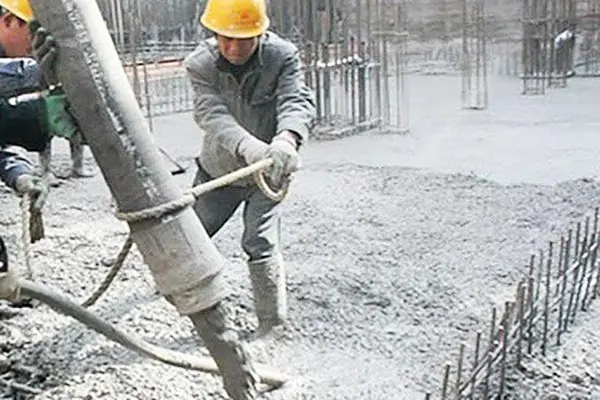Yes, antifreeze can be added to concrete to lower its freezing point and protect it from frost damage. This is especially important in cold climates where temperatures can drop below freezing for extended periods of time.
There are two main types of concrete antifreeze additives:
- Calcium chloride: Calcium chloride is the most common type of concrete antifreeze additive. It is a white powder that is mixed into the concrete mix before it is poured. Calcium chloride is effective at lowering the freezing point of concrete, but it can also accelerate corrosion of steel reinforcement.
- Glycol: Glycol is a clear liquid that is also effective at lowering the freezing point of concrete. It is less corrosive than calcium chloride, but it is also more expensive.
How much antifreeze should be added to concrete?
The amount of antifreeze that should be added to concrete depends on the type of antifreeze additive being used and the desired freezing point of the concrete. For calcium chloride, the typical dosage is 1-2% by weight of cement. For glycol, the typical dosage is 2-4% by weight of water.
When should antifreeze be added to concrete?
Antifreeze should be added to concrete when it is being mixed in the concrete batch plant or at the jobsite. It is important to mix the antifreeze evenly throughout the concrete mix.

Benefits of using antifreeze
in concrete
There are several benefits to using antifreeze in concrete, including:
- Prevents frost damage: Antifreeze lowers the freezing point of concrete, which helps to prevent it from being damaged by frost.
- Allows concrete to be poured in cold weather: Antifreeze allows concrete to be poured in cold weather without the risk of frost damage.
- Accelerates concrete curing: Antifreeze can accelerate the curing of concrete, which allows it to reach its full strength more quickly.
Drawbacks of using antifreeze in concrete
There are also some drawbacks to using antifreeze in concrete, including:
- Corrosion of steel reinforcement: Calcium chloride, the most common type of concrete antifreeze additive, can accelerate corrosion of steel reinforcement. This is because calcium chloride is a salt, and salts can cause steel to rust.
- Cost: Glycol, the other type of concrete antifreeze additive, is more expensive than calcium chloride.
- Environmental impact: Both calcium chloride and glycol can have an environmental impact if they are released into the environment.
Conclusion
Antifreeze can be added to concrete to lower its freezing point and protect it from frost damage. This is especially important in cold climates where temperatures can drop below freezing for extended periods of time. However, it is important to be aware of the potential drawbacks of using antifreeze in concrete, such as corrosion of steel reinforcement and environmental impact.
Recommendations
If you are considering using antifreeze in your concrete, it is important to consult with a qualified concrete professional. They can help you choose the right antifreeze additive for your needs and can advise you on the best practices for using antifreeze in concrete.
Post time: 11 月-01-2023




